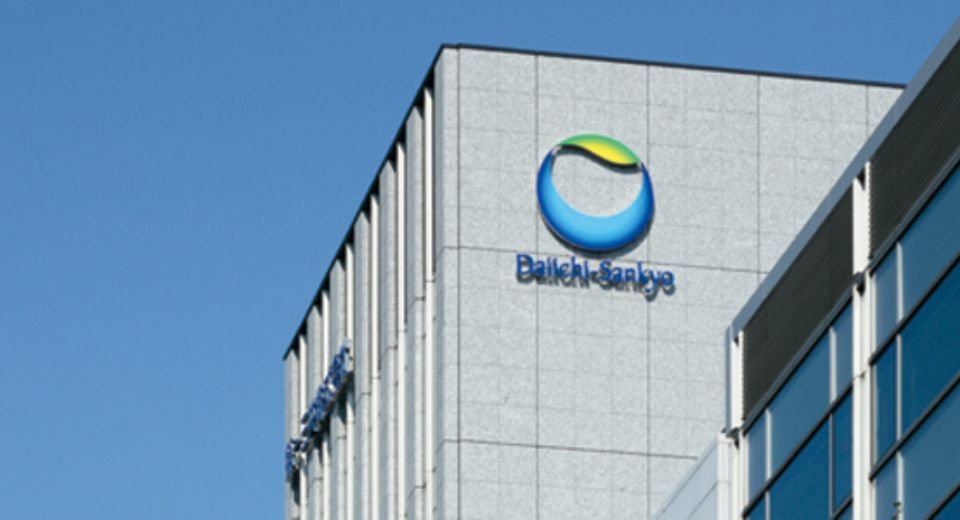HQ Team
September 17, 2024: Daiichi Sankyo and Merck & Co., Inc. will initiate talks with global regulatory agencies after an end-stage trial of its drug for a form of lung cancer improved patients’ chances of extending survival without the disease progressing.
Patritumab deruxtecan, meant to treat patients with locally advanced or metastatic EGFR-mutated nonsmall cell lung cancer was tested against chemotherapy treatment.
The drug “demonstrates a statistically significant progression-free survival improvement in this EGFR-mutated non-small cell lung cancer population with high unmet need,” which was the primary goal, according to a Daiichi Sankyo statement.
The antibody-drug conjugate was discovered by Daiichi Sankyo and is being jointly developed by Daiichi Sankyo and Merck & Co., Inc.
Mutations
Non-small cell lung cancer accounts for approximately 85% of all lung cancers worldwide with up to 70% of cases diagnosed at an advanced stage and EGFR-activating mutations occur in 14% to 38% of all such tumors.
A mutation in the EGFR gene is one biomarker that physicians look for in non-small cell lung cancer, according to the American Lung Association. It leads to abnormal cell growth.
These trial results “demonstrate the potential of patritumab deruxtecan to become an important treatment option for certain patients with EGFR-mutated non-small cell lung cancer with prior tyrosine kinase inhibitor treatment,” said Ken Takeshita, MD, Global Head, R&D, Daiichi Sankyo.
“We plan to share these findings with regulatory authorities to discuss next steps.”
Targeted therapy
Tyrosine kinases are a part of many cell functions, including cell signalling, growth, and division. These enzymes may be too active or found at high levels in some types of cancer cells, and blocking them may help keep cancer cells from growing, according to the National Cancer Institute.
Some tyrosine kinase inhibitors are used to treat cancer. They are a type of targeted therapy.
The safety profile of the investigational drug was consistent with that observed for patritumab deruxtecan in previous lung cancer clinical trials with no new safety signals identified, according to the statement. The majority of interstitial lung disease events were low-grade.
The trial involved 586 patients in Asia, Europe, North America and Oceania.
The companies entered into a global collaboration in October 2023 to jointly develop and commercialize patritumab deruxtecan, ifinatamab deruxtecan and raludotatug deruxtecan, except in Japan where Daiichi Sankyo will maintain exclusive rights.
Daiichi Sankyo will be solely responsible for manufacturing and supply.
